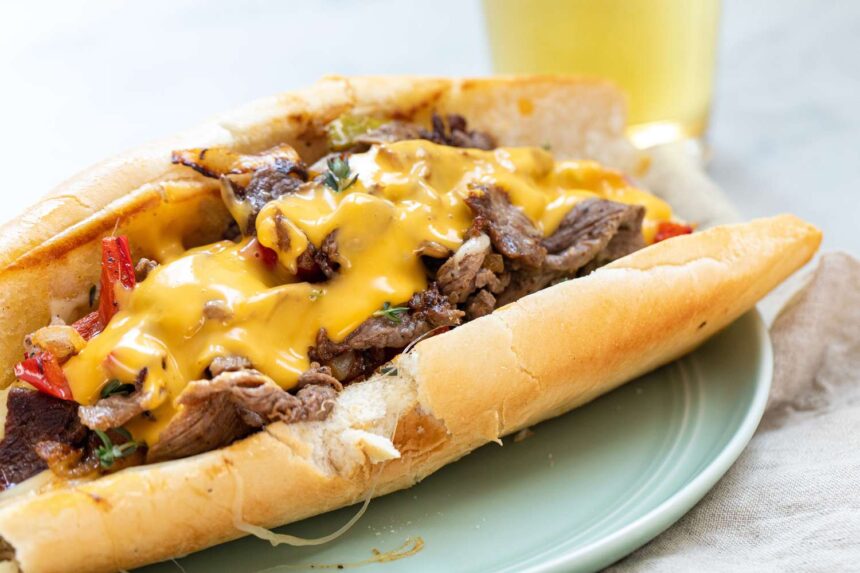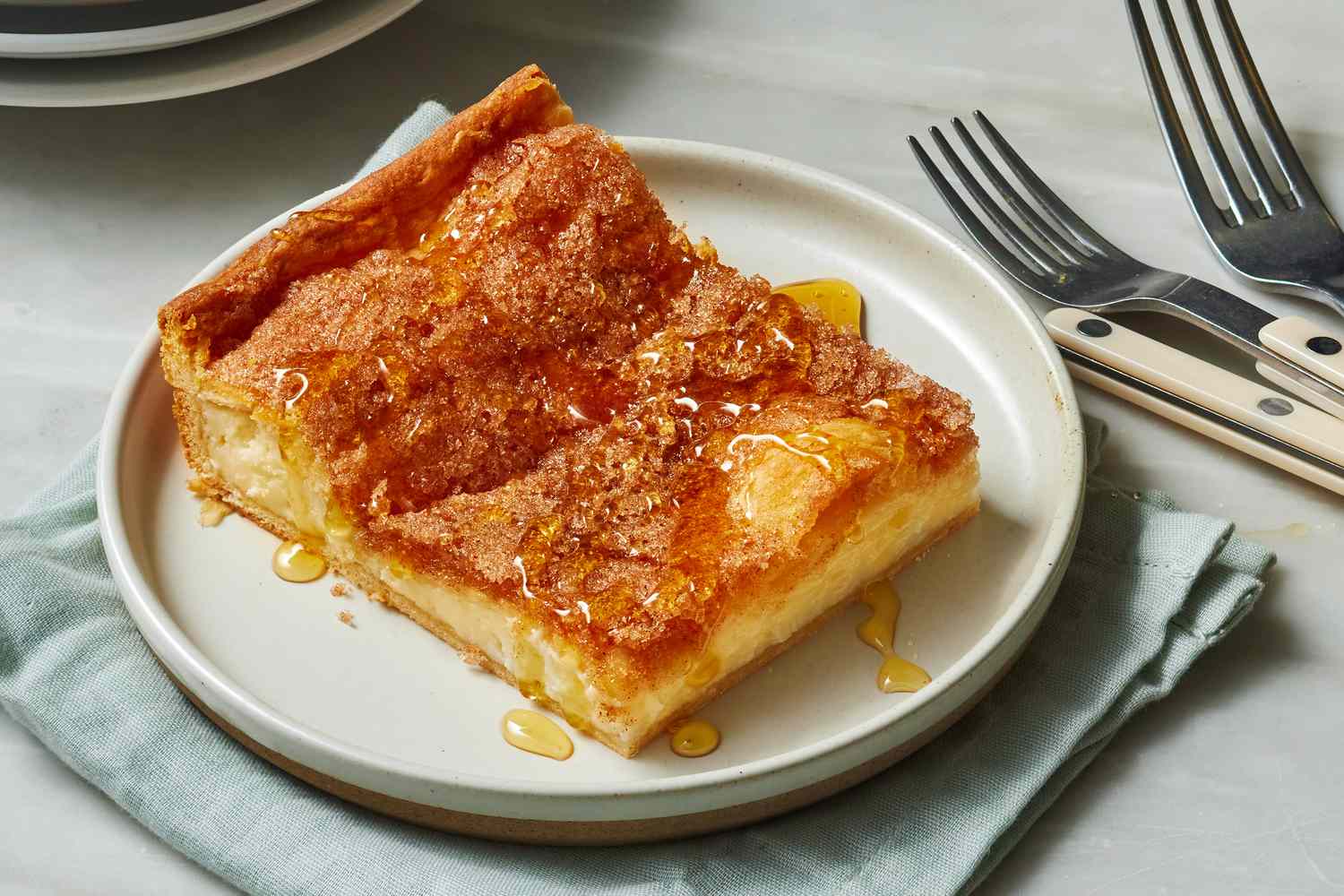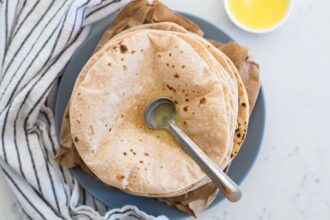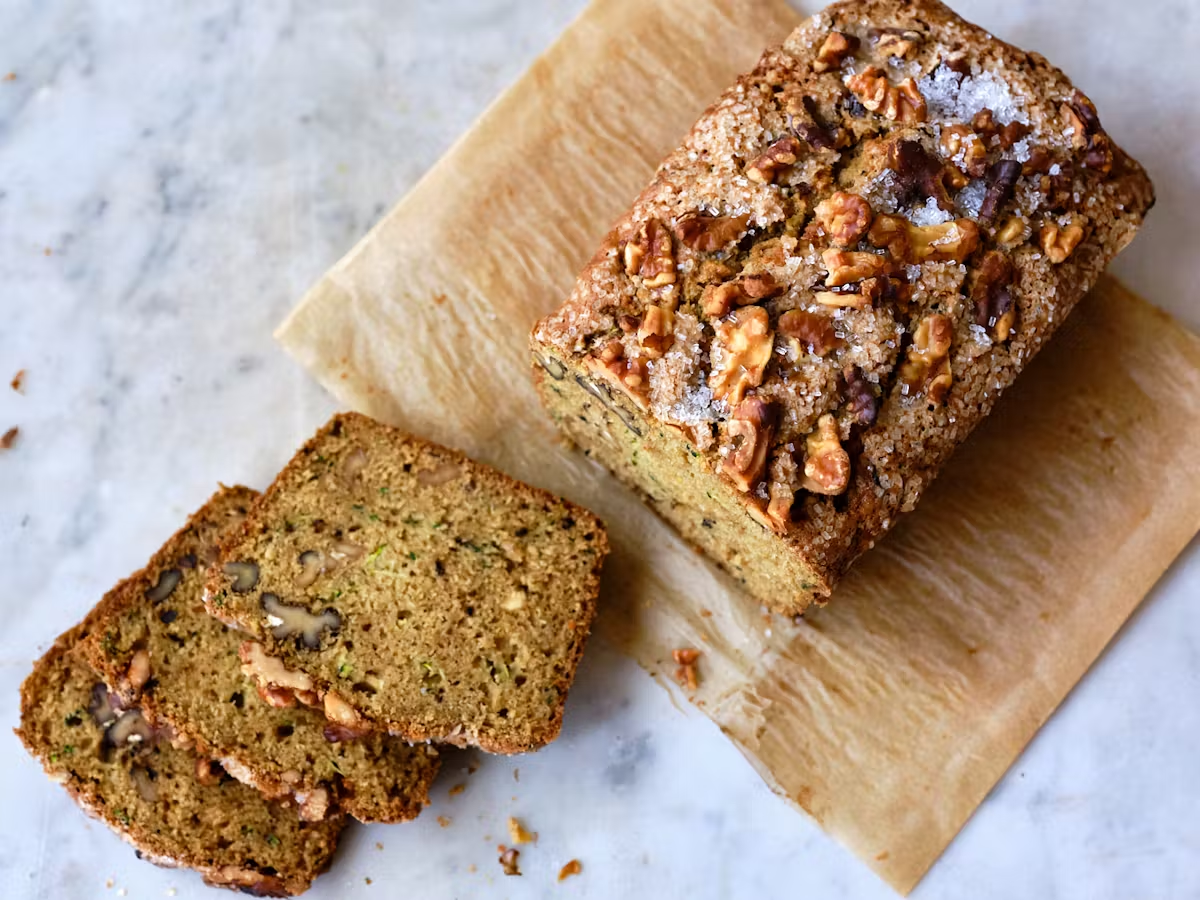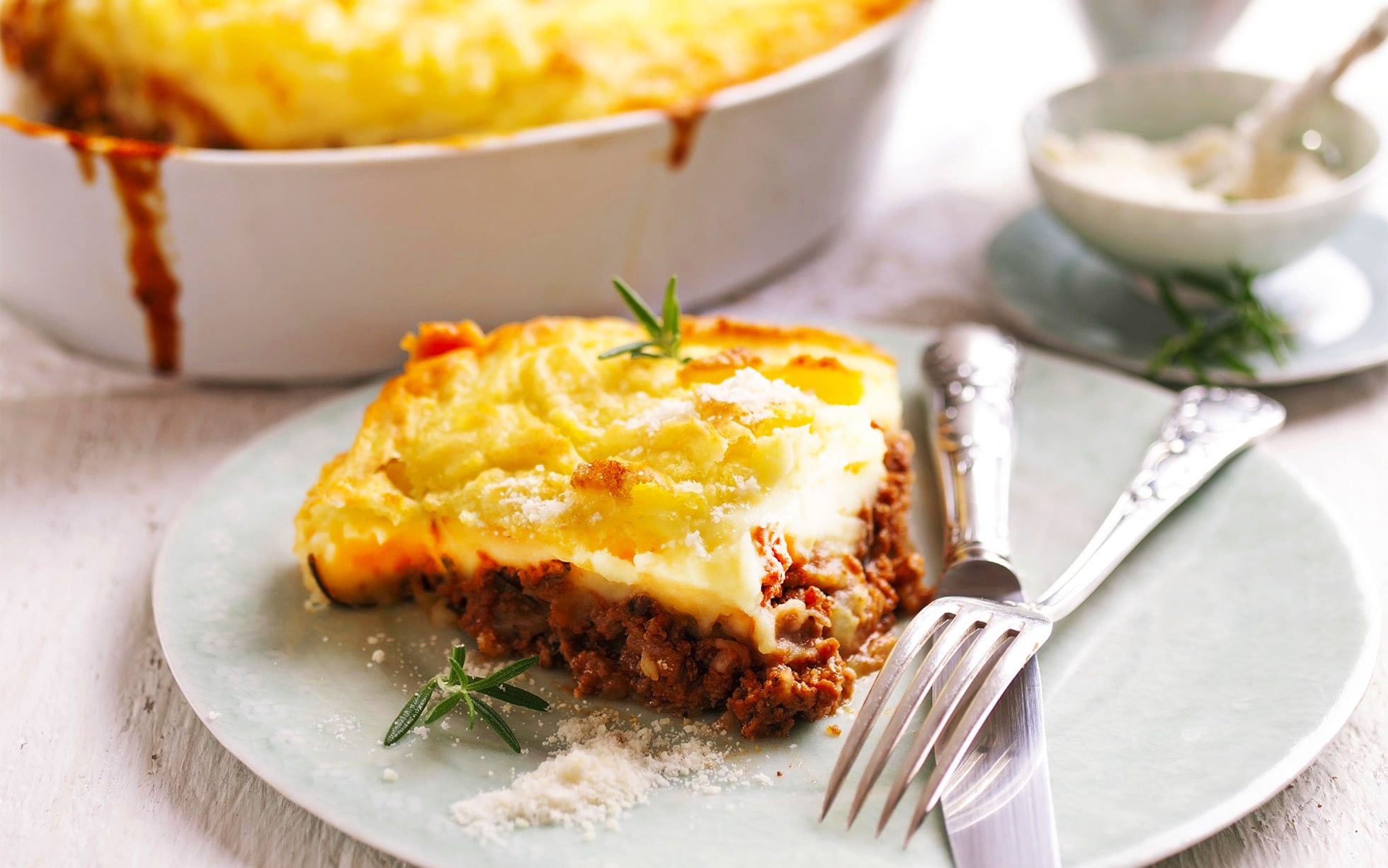The Philly cheesesteak is more than a sandwich. It is a piece of American culinary history born on the streets of Philadelphia. With its irresistible combination of thinly sliced ribeye, melted cheese, soft hoagie rolls, and sautéed onions, this classic has become a national favorite. Whether you live near Philadelphia or thousands of miles away, making an authentic Philly cheesesteak at home is easier than you think.
- What Makes an Authentic Philly Cheesesteak
- Authentic Philly Cheesesteak Recipe
- Step-by-Step Instructions: How to Make an Authentic Philly Cheesesteak
- Local Philadelphia Tips for the Best Cheesesteak
- Best Cheese for Philly Cheesesteak
- Philly Cheesesteak Variations
- Philly Cheesesteak Seasoning Guide
- Pros and Cons of Making a Philly Cheesesteak at Home
- Cost, Investment, and ROI for Home Cooks
- Common Mistakes to Avoid
- Frequently Asked Questions
- Final Thoughts
This guide breaks down everything you need to know: the traditional ingredients, the correct preparation method, local Philadelphia tips, common variations, cost and ROI for home cooks, and detailed answers to the most frequently asked questions. Every idea is based on real culinary logic and local practices used in iconic cheesesteak shops across Philly.
What Makes an Authentic Philly Cheesesteak
A true Philadelphia cheesesteak has three essential components:
- Thinly sliced ribeye steak
- Melted cheese such as provolone, white American, or Cheez Whiz
- Soft Amoroso-style hoagie rolls
Onions are extremely common but optional depending on preference. In Philadelphia, ordering with onions is simply called ordering it “with,” and without onions is called “without.”
Although many variations exist today, the authentic version keeps things simple, flavorful, and meat-forward.
Authentic Philly Cheesesteak Recipe
This recipe follows the traditional approach used by well-known Philadelphia cheesesteak establishments, delivering the closest possible taste at home.
Total Time: 20 minutes
Servings: 2 large cheesesteaks
Ingredients
For the steak
- 1 pound ribeye steak, thinly sliced
- 1 tablespoon butter or neutral cooking oil
- Salt to taste
- Black pepper to taste
- 1 teaspoon garlic powder
- 1 teaspoon paprika
For the vegetables
- 1 large onion, thinly sliced
- 1 green bell pepper, thinly sliced (optional)
- 1 cup mushrooms, sliced (optional)
For the cheese
Choose one:
- Provolone cheese
- White American cheese
- Cheez Whiz
For the rolls
- 2 soft hoagie rolls or Amoroso-style rolls
Step-by-Step Instructions: How to Make an Authentic Philly Cheesesteak
Step 1: Freeze the Steak Briefly
Place the ribeye in the freezer for 30 minutes. This helps you slice it into very thin pieces, which is vital for the correct texture.
Step 2: Slice the Steak
Using a sharp knife, cut the steak into thin shavings. This mimics the classic Philly “chip steak” style used by authentic shops.
Step 3: Cook the Onions and Vegetables
Heat a skillet with butter. Add onions and cook until golden and lightly caramelized. Add bell peppers or mushrooms if you prefer. Remove and set aside.
Step 4: Cook the Steak
In the same skillet, cook the sliced ribeye over medium-high heat. Season with salt, pepper, garlic powder, and paprika. Chop the pieces lightly using a spatula as they cook to achieve the signature cheesesteak texture.
Step 5: Melt the Cheese
Once the steak is cooked:
- Either add cheese slices directly on top of the steak and let them melt
- Or warm Cheez Whiz separately and drizzle it inside the roll
Step 6: Assemble the Cheesesteak
Slice the hoagie roll without cutting fully through. Add the cooked vegetables if using. Fill the roll with the cheesy ribeye mixture.
Serve immediately for the best taste and texture.
Local Philadelphia Tips for the Best Cheesesteak
These insights come from real Philadelphia kitchens.
Use ribeye only
It has the perfect fat content and flavor profile. Using other cuts will alter the authenticity.
Keep seasoning simple
Over-seasoning distracts from the meat and cheese combination that defines a Philly cheesesteak.
Avoid crusty bread
The roll should be soft, slightly chewy, and able to absorb flavor.
Cheese placement matters
Provolone melts into the meat, while Cheez Whiz provides a creamy, salty finish.
Chop the meat lightly
Do not mince it too finely. Cheesesteak meat should have texture, not be mushy.
Best Cheese for Philly Cheesesteak
Philly locals typically stick to three choices:
Provolone
A tangy and slightly sharp option that appeals to traditionalists.
White American
Melts smoothly and gives a creamy texture.
Cheez Whiz
Considered by many to be the most authentic choice. Salty, smooth, and nostalgic.
Philly Cheesesteak Variations
While purists prefer the classic version, these popular options appear across Philadelphia:
Mushroom and Pepper Cheesesteak
Adds extra depth and crunch.
Chicken Cheesesteak
A lighter alternative using thinly sliced chicken breast.
Pizza Steak
Includes marinara sauce and provolone.
Spicy Cheesesteak
Often includes hot cherry peppers, a favorite at several South Street shops.
Philly Cheesesteak Seasoning Guide
Traditional Philly cheesesteaks rely on minimal seasoning. The best blend is:
- Salt
- Black pepper
- Garlic powder
- Paprika
This combination enhances the meat without overpowering it.
Pros and Cons of Making a Philly Cheesesteak at Home
Pros
- More affordable than buying from restaurants
- You control the quality of ingredients
- Fresh, clean, and customizable
- Perfect for gatherings or meal prep
Cons
- Ribeye can be expensive
- Requires careful slicing
- Hoagie rolls must be the right type for authenticity
Cost, Investment, and ROI for Home Cooks
This section helps readers understand cost efficiency, which increases engagement and helpfulness.
Ingredient Cost Estimate
- Ribeye steak: 8 to 15 dollars
- Cheese: 3 to 5 dollars
- Rolls: 3 to 4 dollars
- Vegetables: 2 dollars
Total cost: Approximately 15 to 26 dollars for two sandwiches.
Restaurant Cost Comparison
A cheesesteak at a Philadelphia shop costs around 12 to 17 dollars each.
ROI for Home Cooking
Cost per homemade sandwich: About 6 to 8 dollars
Savings per sandwich: Approximately 6 to 9 dollars
ROI: 60 to 70 percent cost savings
Common Mistakes to Avoid
- Using thick-cut beef
- Overcooking the steak
- Adding too many toppings
- Using hard or stale bread
- Skipping the brief freeze step for slicing
Frequently Asked Questions
What cut of meat is best for a Philly cheesesteak?
Ribeye steak is the most authentic and flavorful option.
Can I use chicken instead of beef?
Yes. Chicken cheesesteaks are widely available in Philadelphia.
What cheese is used in a traditional cheesesteak?
Provolone, white American, or Cheez Whiz are the classic choices.
Can I make a cheesesteak without onions?
Yes. Ordering without onions is common and simply called ordering it without.
What bread is used for cheesesteaks?
Soft hoagie rolls, ideally Amoroso-style rolls.
Can I freeze leftover cheesesteak?
Yes, but freeze only the meat portion, not the bread.
Do I need special seasoning for cheesesteaks?
No. Keep seasoning simple to preserve authenticity.
Final Thoughts
The Philly cheesesteak is an American classic that deserves to be made correctly. With thinly sliced ribeye, melted cheese, soft rolls, and the right technique, you can easily recreate the authentic Philadelphia flavor in your own kitchen. This recipe is designed to be simple, accessible, and true to the original while offering flexibility for variations.
If you want more recipe guides, video versions, printable recipe cards, or SEO content for MyFirstRecipe.com, feel free to ask.
